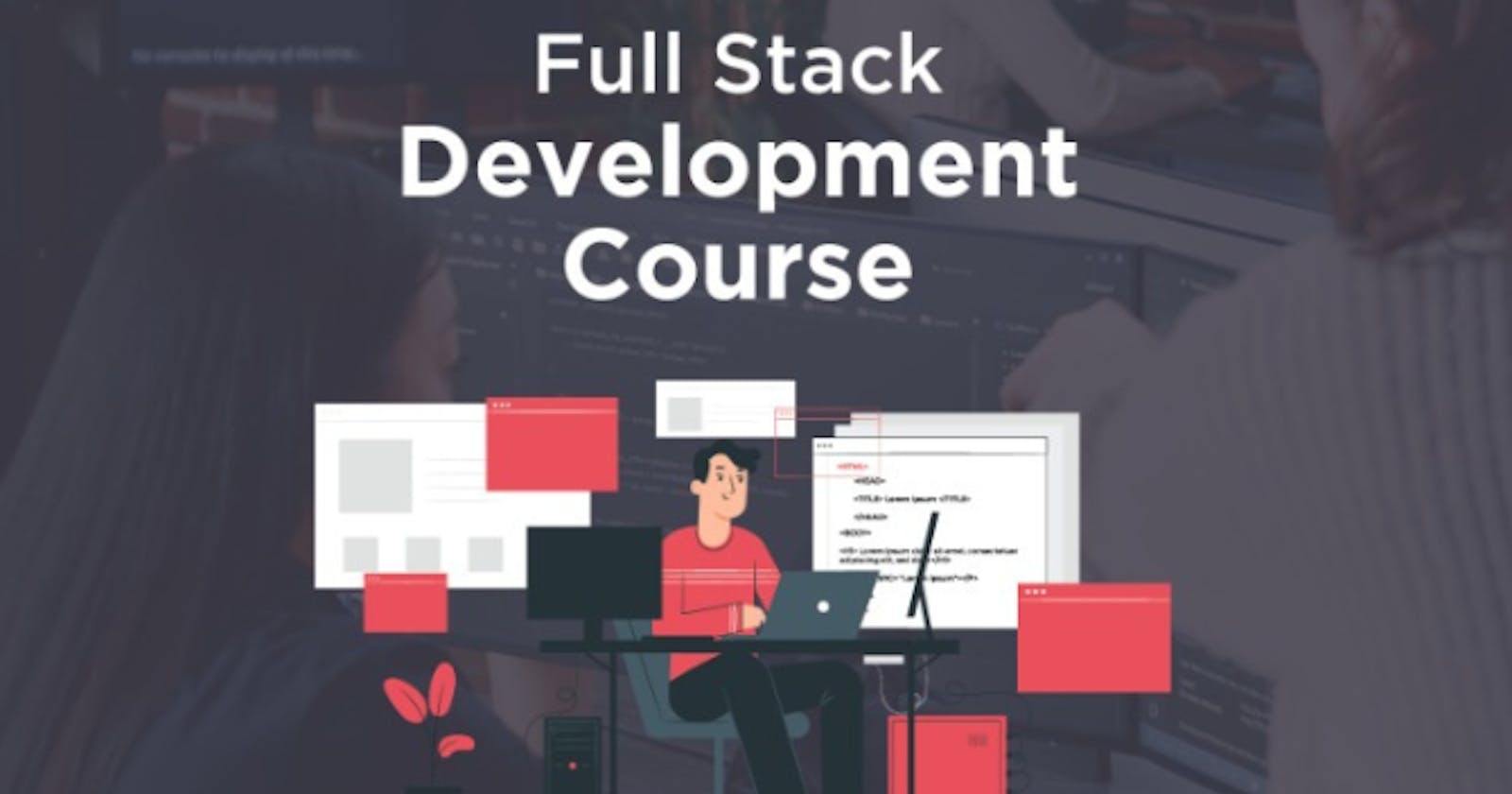Introduction
In the ever-evolving landscape of technology, full stack development has emerged as a crucial domain, seamlessly integrating both front-end and back-end development skills. As the digital realm continues to expand, the role of full stack developers becomes increasingly indispensable. However, with advancements in technology and changing market demands, it's imperative to explore the future of full stack development to understand the skills, tools, and trends that will shape its trajectory.
Evolution of Full Stack Development
Since its inception, full stack development has advanced significantly. Developers used to specialise in front-end or back-end programming. However, the rise of agile methodologies and the need for cross-functional teams led to the emergence of full stack development. This approach enables developers to work on both client-side and server-side components, fostering efficiency and collaboration within development teams.
Skills of the Future Full Stack Developer
As technology continues to evolve, the skill set required for full stack developers is also evolving. Beyond proficiency in programming languages like JavaScript, Python, and Ruby, future full stack developers need to possess a diverse skill set, including:
User Experience (UX) Design: Understanding user needs and creating intuitive interfaces will be paramount.
Cloud Computing: With the shift towards cloud-based solutions, knowledge of platforms like AWS, Azure, and Google Cloud is essential.
Data Science and Analytics: Integrating data-driven insights into applications will be crucial for enhancing user experiences.
Cybersecurity: With increasing cyber threats, full stack developers must prioritize security measures in their applications.
Artificial Intelligence and Machine Learning: Incorporating AI and ML technologies can enable developers to build smarter, more personalized applications.
Rise of Low-Code and No-Code Platforms:
In the future, full stack development may witness a surge in the adoption of low-code and no-code platforms. These platforms empower developers to build applications with minimal coding, allowing for rapid development and deployment. While traditional coding skills remain valuable, low-code platforms offer a more accessible entry point for aspiring developers and accelerate the development process for experienced professionals.
Embracing DevOps Practices
DevOps practices, which emphasize collaboration between development and operations teams, will continue to shape the future of full stack development. By integrating continuous integration/continuous deployment (CI/CD) pipelines, automation, and infrastructure as code (IaC), full stack developers can streamline the development process, reduce time to market, and enhance application reliability.
Focus on Microservices and Containerization
Microservices architecture, characterized by modular, independently deployable services, is gaining traction in full stack development. By breaking down monolithic applications into smaller, manageable components, developers can achieve greater scalability, flexibility, and maintainability. Containerization technologies like Docker and Kubernetes further facilitate the deployment and management of microservices, enabling full stack developers to build robust, distributed systems.
Cross-Platform Development
With the proliferation of devices and operating systems, cross-platform development will be a key focus for future full stack developers. Frameworks like React Native, Flutter, and Xamarin enable developers to build applications that run seamlessly across multiple platforms, reducing development time and effort. By mastering cross-platform development tools, full stack developers can reach a broader audience and deliver consistent user experiences across devices.
The Role of Artificial Intelligence and Automation
Artificial intelligence (AI) and automation are poised to revolutionize full stack development in the future. From code generation and optimization to testing and debugging, AI-driven tools and algorithms can augment developer productivity and efficiency. By leveraging AI-powered assistants and automated workflows, full stack developers can focus on high-level problem-solving tasks while delegating repetitive, mundane tasks to machines.
Continuous Learning and Adaptation
In the fast-paced world of technology, continuous learning is essential for full stack developers to stay relevant. The future of full stack development will require developers to adapt to new tools, frameworks, and methodologies constantly. Whether it's mastering emerging technologies like blockchain and quantum computing or honing soft skills like communication and collaboration, a commitment to lifelong learning is paramount for success in full stack development.
Conclusion
As we peer into the future of full stack development, one thing is certain: change is inevitable. With technological advancements, shifting market dynamics, and evolving user expectations, full stack developers must embrace innovation, adaptability, and lifelong learning. By staying abreast of emerging trends, honing diverse skill sets, and fostering a collaborative mindset, full stack developers can unlock new opportunities and shape the future of software development. As we embark on this journey, let us embrace the challenges and possibilities that lie ahead, empowered by our passion for coding and commitment to excellence in Full Stack Development. For those looking to embark on this exciting career path or enhance their existing skills, enrolling in a comprehensive Full Stack Development course in Agra, Dehradun, Moradabad, Mumbai, Delhi, Noida and all cities in India can provide the necessary foundation and hands-on experience to thrive in this dynamic field.
